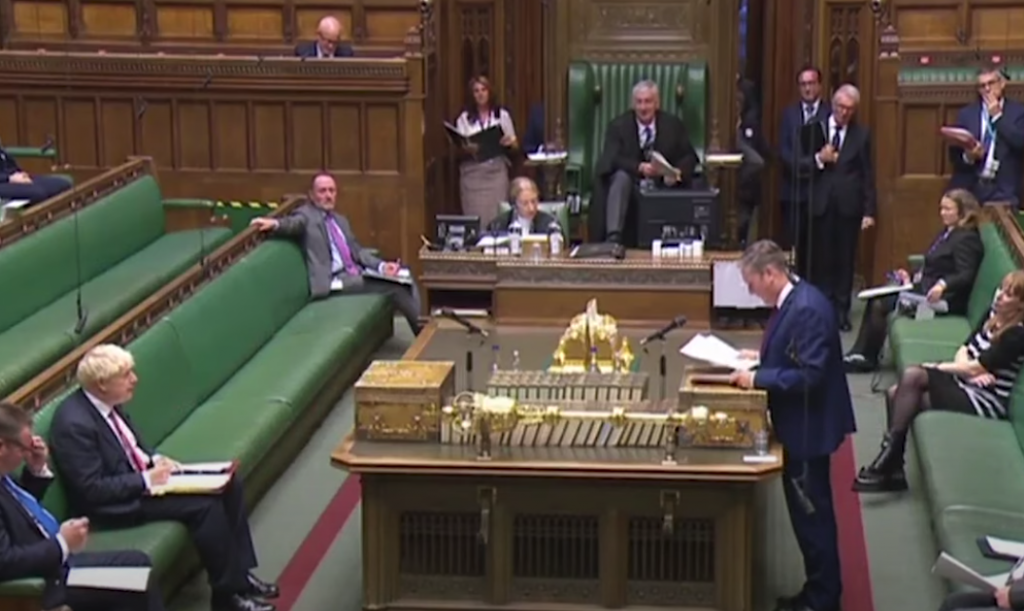In other news

What important news has slipped by barely noticed recently?
The planet continues to warm up
If you aren’t worried enough about Covid-19, try a side serving of global warming to keep you awake at night. This year should have been relatively cool, given that it was a year with La Nina, the converse of El Nino. But it seems to have been the third warmest on record for the planet.
The last decade (2011-2020) was announced as the hottest on record by the World Meteorological Organisation. The effect of this is most marked at the extremes – in the last 30 years, the Arctic has warmed four times as fast as the global average. Glaciers around the world have shrunk dramatically since the turn of the millennium.
The impacts of this are likely to be much more far-reaching in the long run than Covid-19. So you might want to reorder your list for panicking.
Momentum is building for institutional investors disinvesting from fossil fuel
Relatedly, investors are looking again at their own role in tackling climate change. I wrote in February about the challenges of ESG considerations (environmental, social and governance) in investment. This year has seen this area move fast. In October, Cambridge University committed to divest from all direct and indirect investments in fossil fuel by 2030 as part of the university’s plan to cut its greenhouse gas emissions to zero by 2038.
This week, an investment titan, New York State’s pension fund, has made a similar commitment. It adopted a net zero emissions target of 2040. To that end, it will be disinvesting in the next five years from many of its fossil fuel stocks.
This is not just dewy-eyed wokeness. It reflects the moves of regulators. The UK government, for example, is targeting net zero emissions by 2050 and is aiming to reduce greenhouse gas emissions by 68% (relative to 1990 emissions). Governments are encouraged to make these types of commitments given the dramatic falls in the cost of renewable energy – the costs of generating solar power, for example, have plummeted.
This trend is likely only to accelerate and the implications for investors are clear.
Britain’s politics is looking sleazier
Britain has relatively few local government scandals. The few major ones – the Poulson affair, homes for votes – are remembered long after the event. This week, the Mayor of Liverpool was arrested on suspicion of witness intimidation and bribery as part of an investigation into planning in Liverpool. He is currently on unpaid leave. Yet just like that, the story disappeared from the media. Even allowing for the tight contempt of court restrictions in place at present, it is extraordinary that this has not been the centre of a feeding frenzy, especially since another Labour celebrity, Derek Hatton, is also caught up in this. British political journalists are so transfixed by Brexit that they are ignoring what would ordinarily be one of the stories of the year.
With the Conservatives also ignoring standard public sector procurement rules, only this week creating a sinecure for a chum of the Prime Minister’s fiancée then awarding it to her without open competition or advertisement, both main parties are contributing to the degradation of standards in public life.
Alastair Meeks